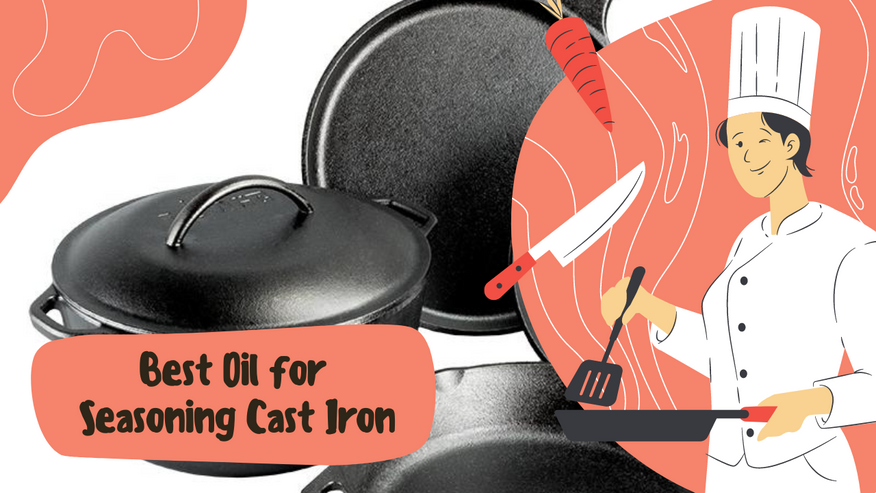Mar 14th 2023 - Team
Best Oil for Seasoning Cast Iron
Cast iron may last for generations if it is maintained properly. Seasoning your cast iron is essential, both before your first use and as you use it over the course of years.
That begs the issue, though: what oil is ideal for seasoning cast iron? High quantities of unsaturated fats, a high smoke point, a low viscosity, and a neutral flavor profile are ideal for seasoning cast iron. Canola oil and vegetable oil are two examples of such oils.
Best Oil for Seasoning Cast Iron
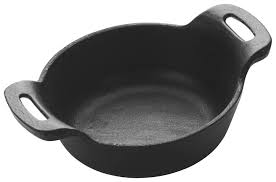
- Avocado Oil
- Solid Shortening
- Vegetable and Canola Oil
- Flaxseed Oil
- Bacon Fat and Lard
- Avoid: Coconut Oil Butter
Winco CASM-5R
What to Consider When Choosing Your Oil
High Smoke Point
When heated past its smoke point, oil begins to break down and emit smoke. Cast iron should be seasoned at temperatures between 400 and 500 degrees, hence a high smoke point oil is essential because the fat will decompose and polymerization will not occur if the temperature is below its smoke point.
High Concentration of Unsaturated Fat
You can get a superior coating on your cast iron by using unsaturated fat. They polymerize better than saturated fat. In contrast to saturated fat, it readily forms a bind with the metal in cast iron.
Neutral Flavor
Cast-iron skillets absorb the flavor of the oil used to season them, therefore it's ideal to get a neutral flavor oil so that you can use it for a variety of dishes.
Organic, Unrefined, Cold-Pressed, And Extra Virgin
Refined and highly processed oils, like many on the, have the disadvantages of being less nutritious, more heat-stable, and cheaper. However, but they also pose a risk to your health in the long run. Organic, non-GMO, unrefined, cold-pressed, raw, extra-virgin oils are what you should be after.
However, this effect will also lower the oil's smoking point. Oils that haven't been refined often have a lower smoke point than their refined counterparts, and some oils that haven't been refined at all may have a very low smoke point. As a result, they are a healthier oil, but they aren't always the best option for seasoning cast iron.
Today, using healthier oil alternatives, cast iron may be seasoned at temperatures as low as 300 to 350 degrees. You'll need to leave it in the oven for one to two hours.
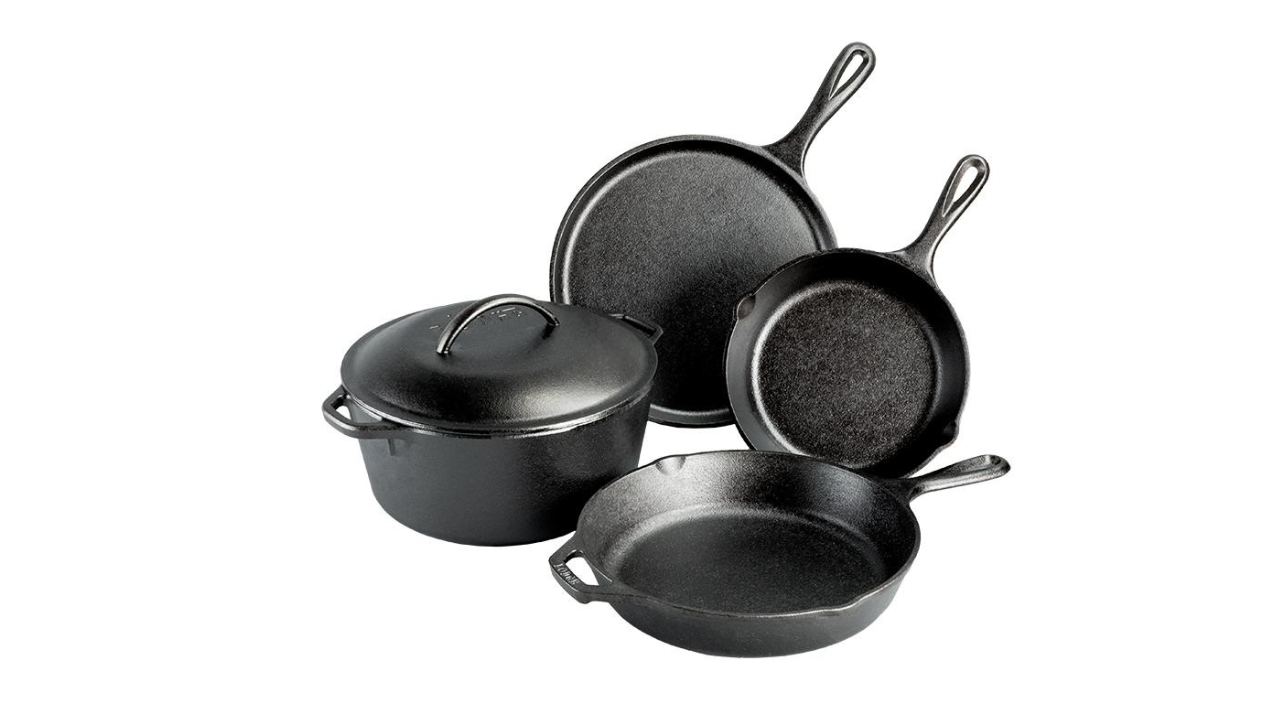
Lodge L5HS3 5-Piece
Avocado Oil
Smoke point: 500-520 degrees
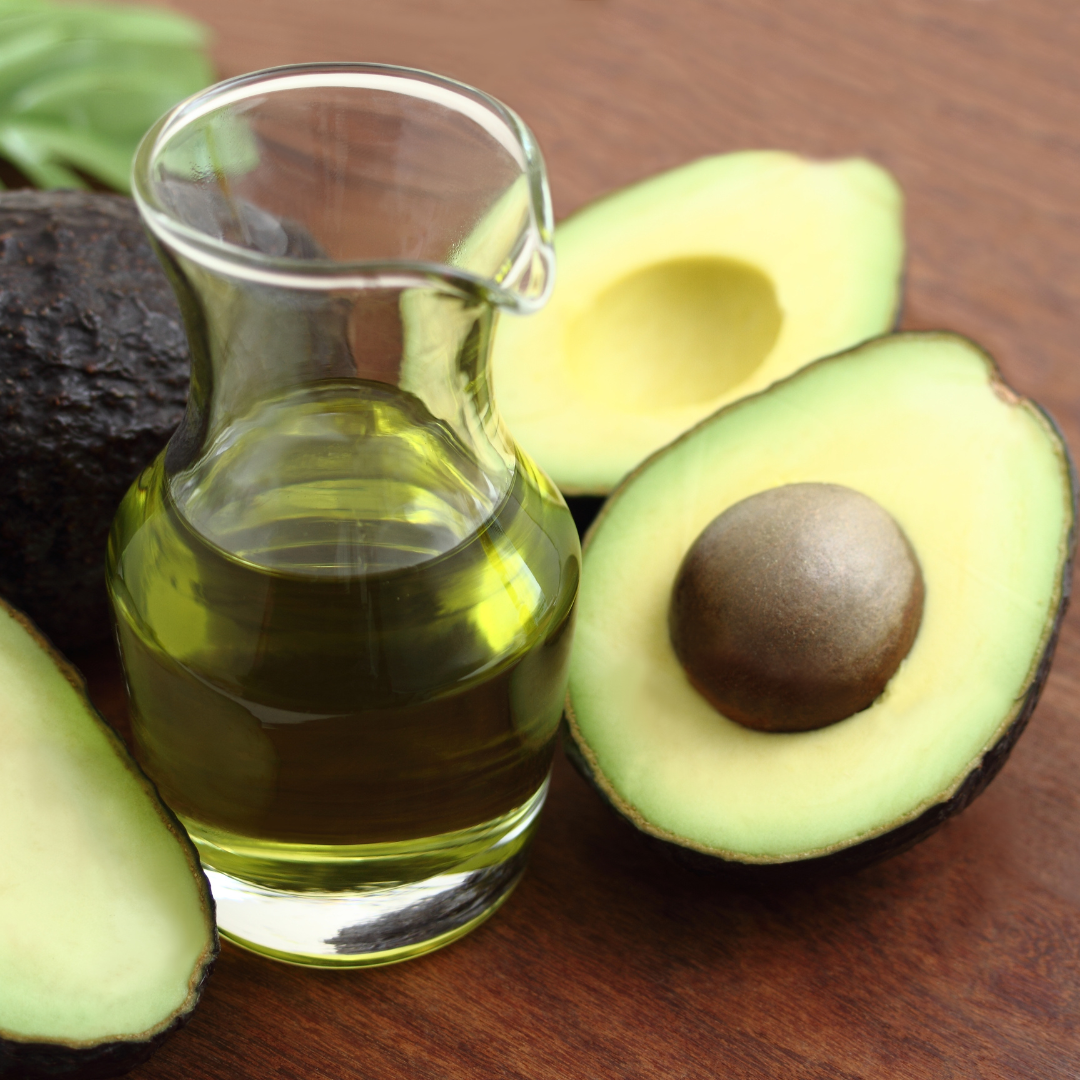
Avocado oil will give you perhaps the toughest coat of seasoning and the best non-stick qualities possible. A thin coat of avocado oil on your cast iron skillet will make cooking with your pan absolutely enjoyable because it has high unsaturated fats, which help the oil polymer and oxidize well. It has an incredibly high smoke point of 520°F (refined). However, it is by far the most expensive seasoning oil on this list.
Unrefined avocado oil has an unusually high smoke point of 482°F. This makes avocado oil a great candidate for seasoning cast iron and a healthy option.
Solid Shortening
Smoke point: 490 degrees
Cast iron seasoning oil made from Crisco solid shortening is commonly used. It is effective, inexpensive, and widely available. Shortening in a metal container, like Crisco, has a high smoke point. About 490 degrees Fahrenheit.
Crisco is a trans fat and saturated fat-laden, genetically engineered oil and Crisco had its day in the sun, but now that more people know about it, they choose to use real animal fats instead.
Crisco is the best and least expensive oil for seasoning cast iron.
Vegetable and Canola Oil
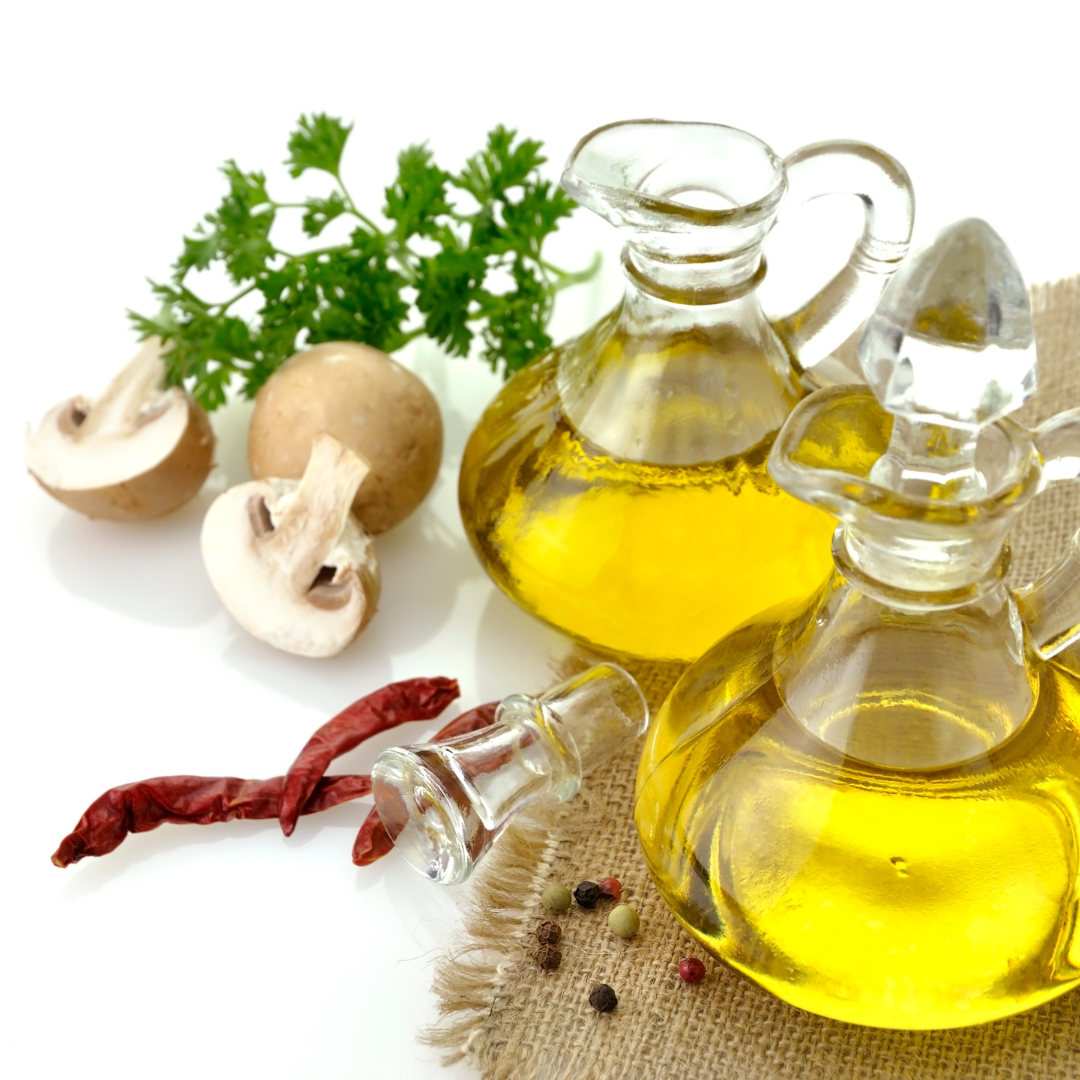
Smoke point: 400-450 degrees
Many people use vegetable and canola oils to season cast iron, but these oils are for frying and baking. Although these oils are frequently used as they are inexpensive and have respectable smoke points, I believe that there are superior seasoning oils available.
Flaxseed Oil
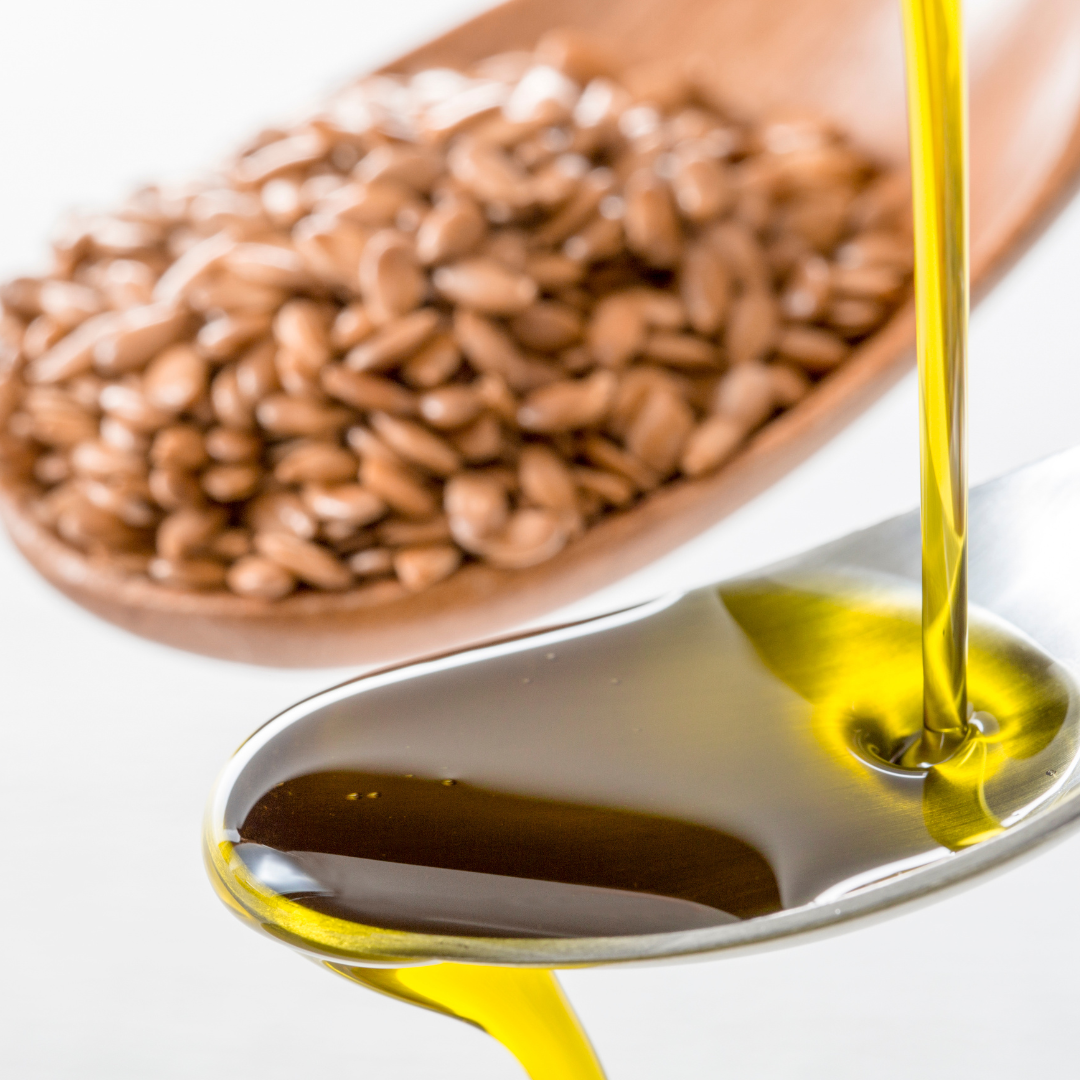
Smoke point: 225 degrees
Flaxseed oil, unlike the other oils on this list, has a very low smoke point. Hence, it should not be used for seasoning. When used as a fuel, unrefined flaxseed oil reaches a smoking temperature of 225 degrees Fahrenheit. However, flaxseed oil is pricey.
Olive Oil
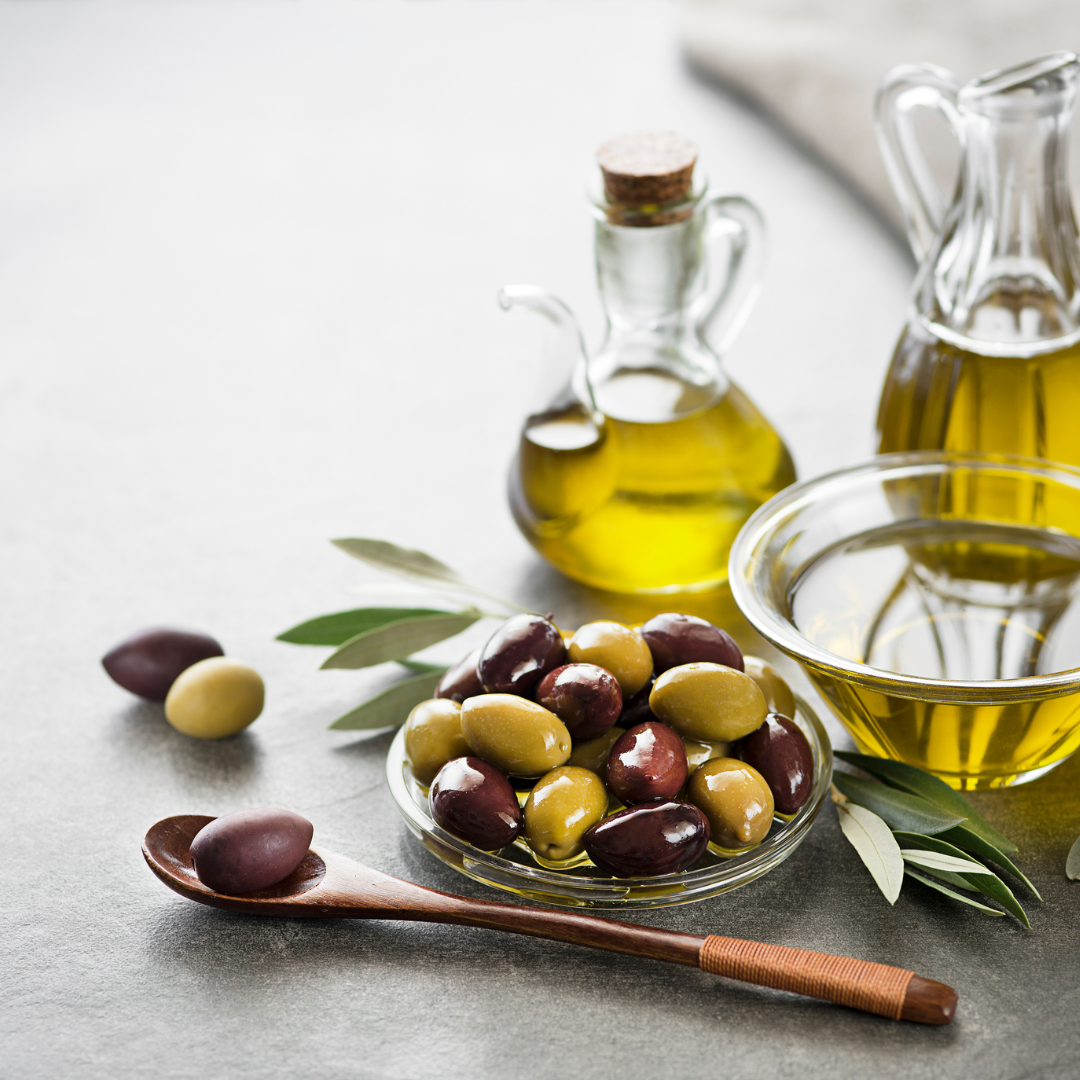
Smoke point: 465 degrees for light/refined, 325-375 degrees for extra virgin
Since most households already have some olive oil on hand, it is a convenient alternative for seasoning cast iron. When heated to temperatures over its smoke point. However, extra virgin olive oil begins to degrade and turn rancid. There are better options, but if you insist on using olive oil, go for a light or refined variety.
Though it tastes wonderful in salad dressings, olive oil is not the best choice for seasoning cast iron.
Bacon Fat and Lard
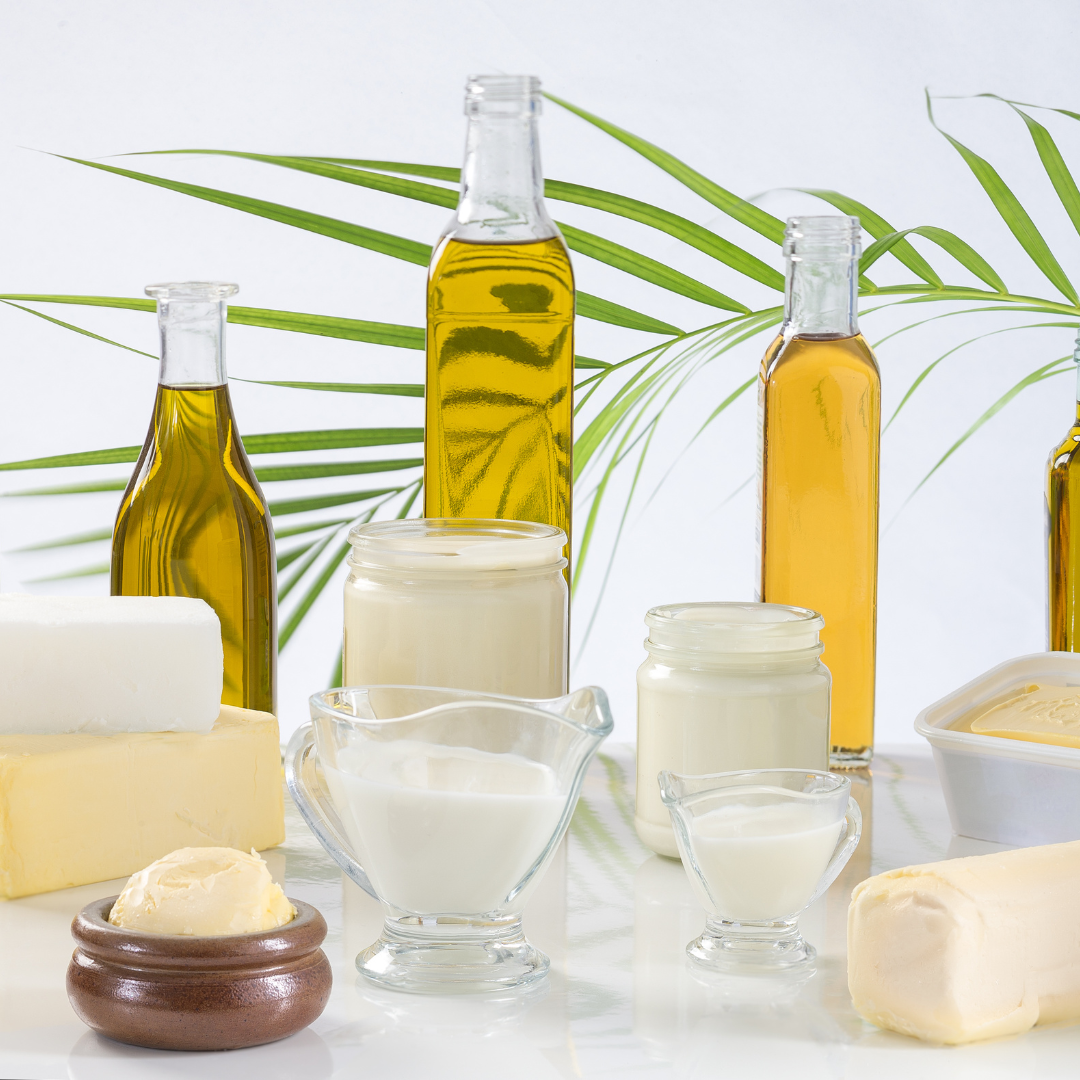
Smoke point: about 370-375 degrees
Due to a lack of better options, cast iron has been seasoned with bacon grease and lard for generations. Our ancestors couldn't just go outside and select a dozen avocados to press oil from since they were using cast iron pots and pans. Nor could they simply throw a bottle of the rare oil into their Amazon shopping cart.
Thus, tallow from animals ruled supreme. Bacon fat and lard were commonly utilized by chuckwagon cooks for decades. While there's nothing inherently wrong with this, the high levels of saturated fats do not promote polymerization. In addition, we now have access to far superior alternatives because of advances in technology.
What to Avoid for Cast Iron Seasoning
Coconut Oil
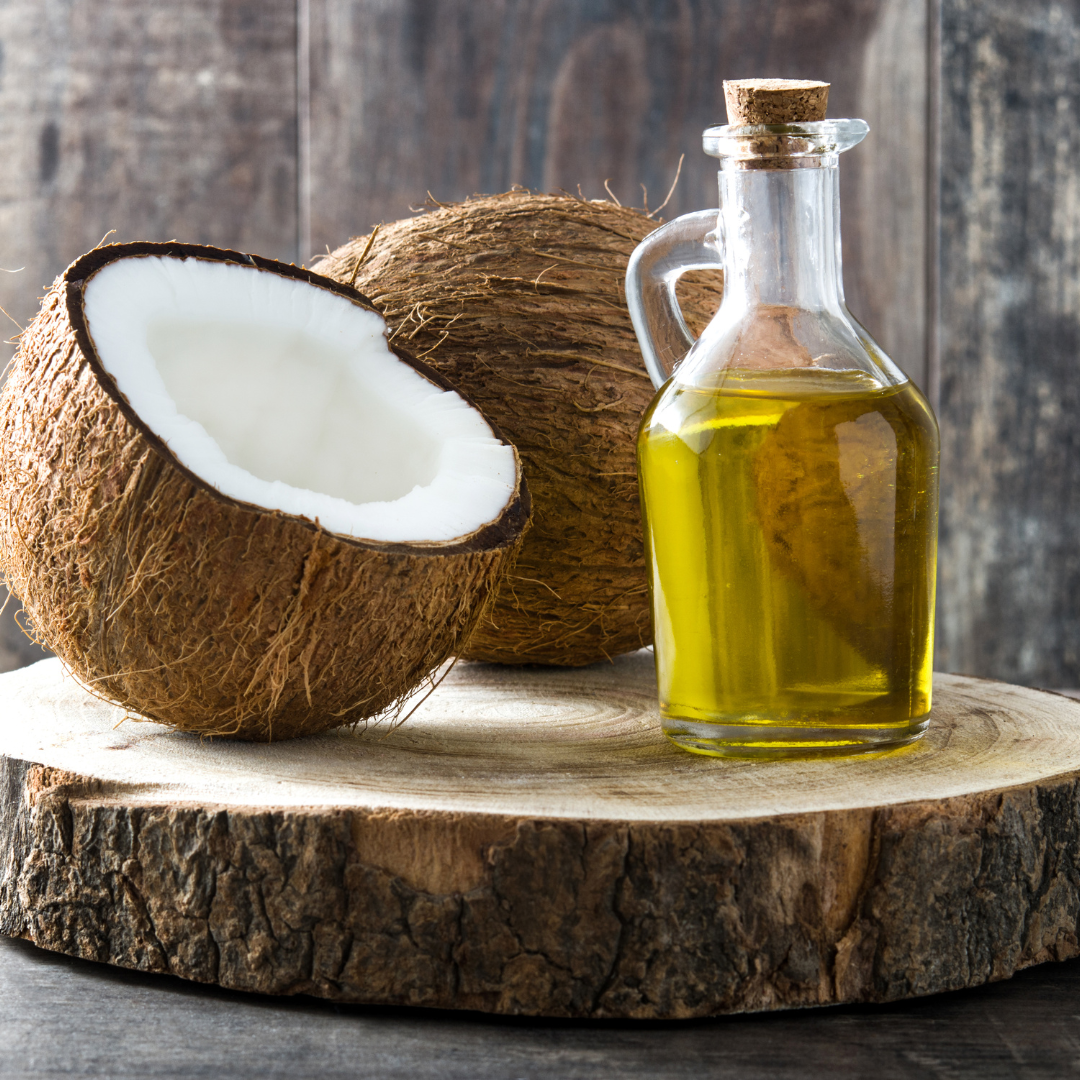
Despite its rising popularity thanks to its health benefits, coconut oil should not be used to season cast iron because the high content of saturated fats in coconut oil makes polymerization difficult. As a matter of fact, your seasoning won't hold up nearly as well if you use coconut oil instead of another oil.
In conclusion, coconut oil is best used for skin care and not seasoning.
Butter
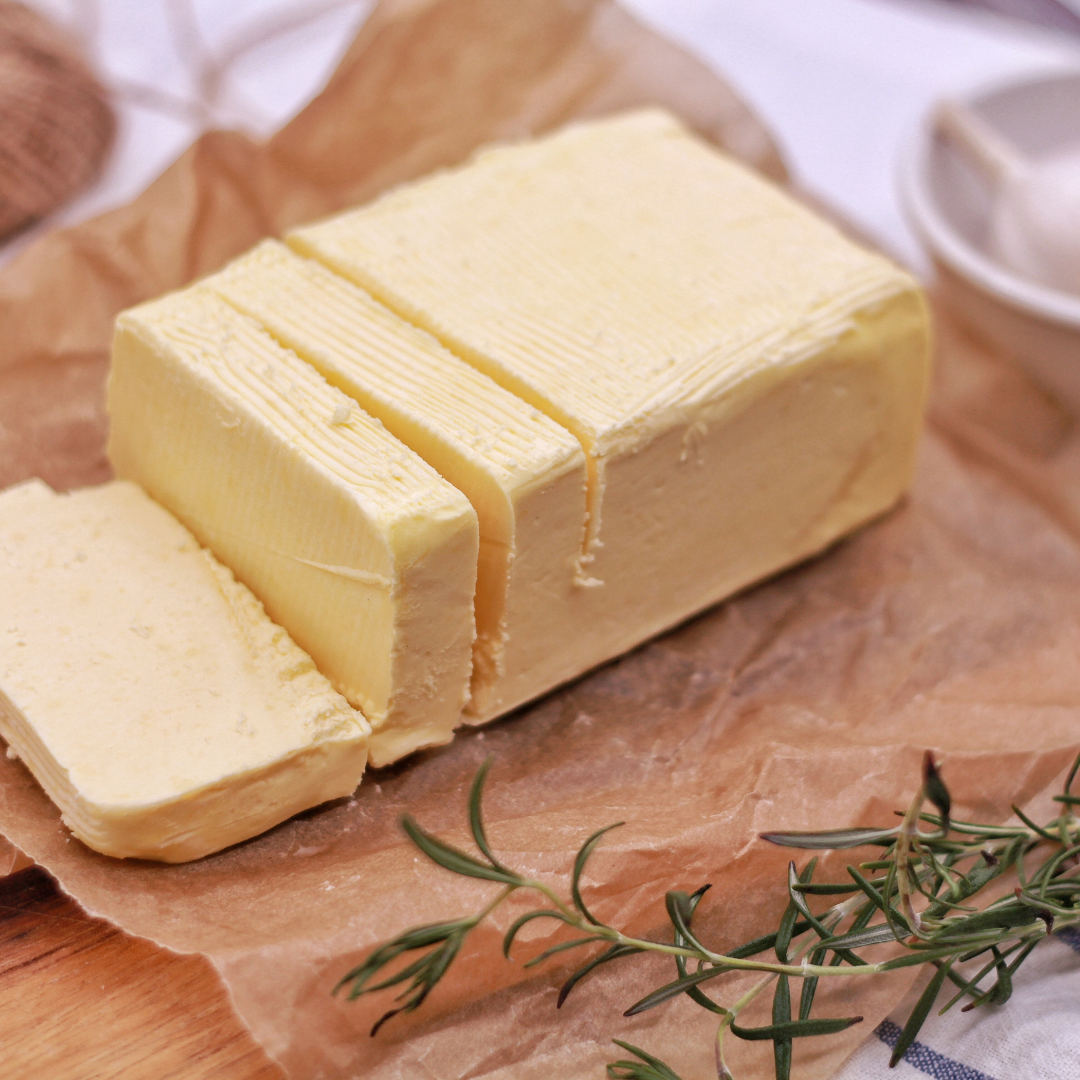
You can find butter in most grocery stores and even some convenience stores. You shouldn't use it to season your cast iron just because it's inexpensive and easy to get.
It's important to keep in mind that butter's high concentration of saturated fats makes it a poor choice for the polymerization process and that it burns at a relatively low temperature (about 250°C to 300°C). How often have you heard that butter needs oil added to it to keep it from burning when cooking? This is because oil raises the smoke point of the butter. This matter is now closed.

